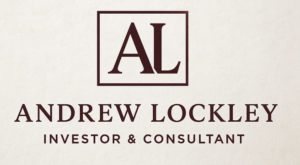I’ve worked with two firms where the issue of what customers actually want was one of the core areas of work.
The first was a firm with a blogging and planning tool. The product was attracting a steady stream of new users, but retentions were appalling. People just didn’t come back. The firm had reached ‘steady state’ when it should have been growing fast. Trying to work out what consumers actually wanted was a tricky task, and involved quite a bit of educated guesswork, as they could only afford to create one of a number of possibly useful products.
The job to establish the product specification was one of the largest and most complex pieces of work I’ve ever undertaken for a client. An extensive programme of user interviews, focus groups and user testing was performed, to work out the needs of users. For a small firm, this was a huge investment, which really paid off. At the time this work was done, apps weren’t the de facto standard they now are. But after the project was done, it was very clear that the answer to the question was ‘go mobile’. Whilst firms around them have frequently fallen by the wayside, this company is now going strong. Sure, it’s a team effort – but without taking care to speak to customers and find out their needs, there’s no hope for many brands. Are you talking to customers enough, and in the right way? Are you asking, or telling?
The second illustration of this principle was a healthcare firm. They sold a fairly innovative and rather pricey health monitoring gadget. It was undoubtedly a clever piece of kit, and they were rightly proud. But the problem was, their customers weren’t seeking technical brilliance, they were seeking care. By talking to customers, it became clear that the ‘augmented product’, such as customer support, software, etc. was seen as being potentially as important as the expensive gadget which the firm saw as its core product. As such, the sales messaging can change to better engage prospects, and the product line can potentially be expanded to include service-only packages at a much lower price point. Do your customers value what you think they value? Have you even asked?
